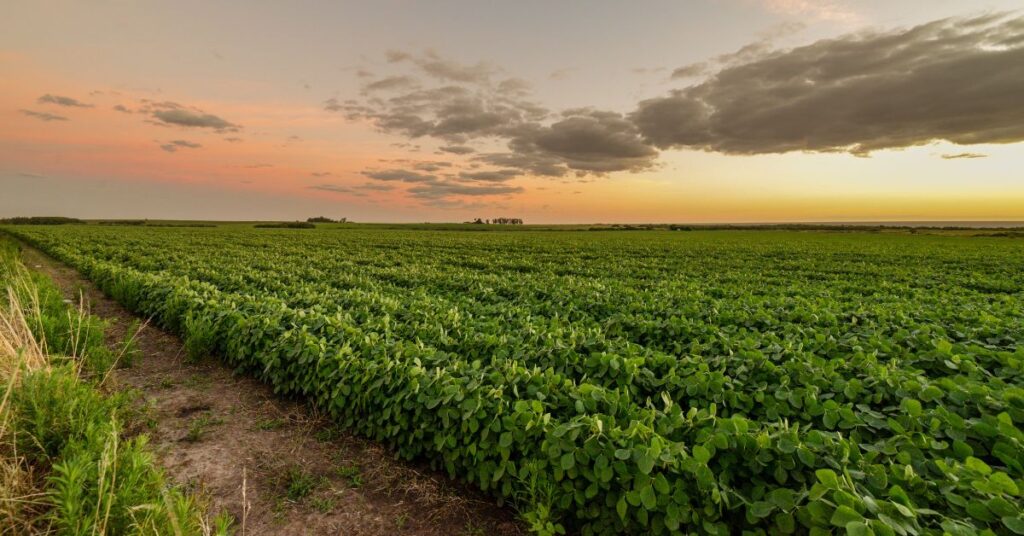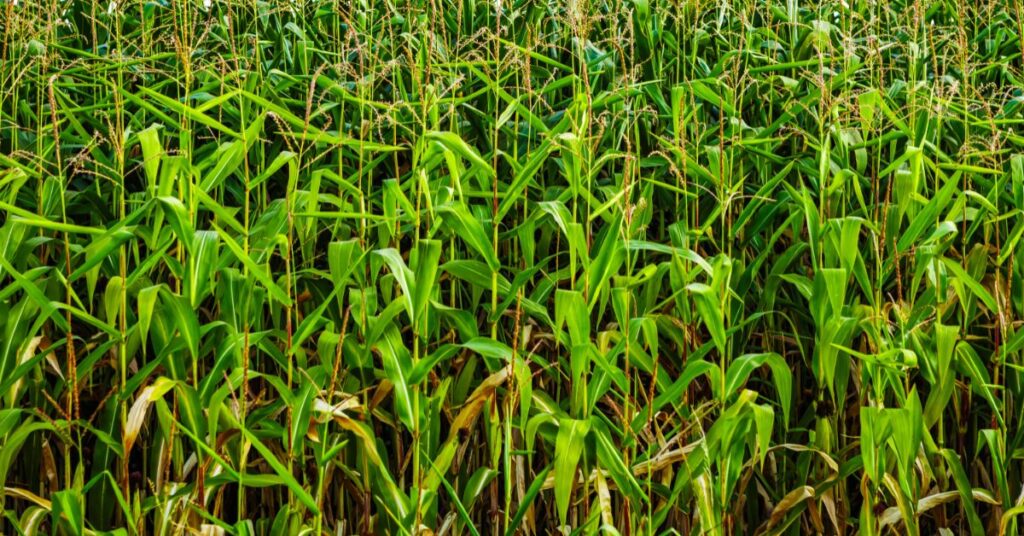Owning agricultural land offers more than just the satisfaction of working the soil; it can also provide significant financial advantages, particularly when it comes to taxes. However, many landowners are unaware of the tax deductions and credits available to them.
Understanding these benefits is crucial for maximizing your return on investment and ensuring the long-term viability of your farm or ranch. Examine these tax benefits of owning agricultural land so you can start planning your financial future right now.
What Is Qualified Agricultural Property?
Your land must earn the recognition of a “qualified agricultural property” before you can take advantage of tax benefits.
While definitions can vary by state and local jurisdiction, the core concept remains consistent. Generally, a qualified agricultural property refers to land and buildings used primarily for farming, ranching, or forestry.
What does “primarily for farming” mean? This typically involves activities aimed at producing crops, raising livestock, or cultivating timber for commercial sale. Examples include the following:
- Croplands: Fields used for growing corn, wheat, soybeans, fruits, or vegetables.
- Pastures: Land designated for grazing cattle, sheep, or other livestock.
- Forests: Timberland-managed for the commercial harvesting of trees.
- Supporting Structures: Barns, silos, and other buildings essential to the farming operation.
Simply owning rural land is not enough. You must actively use your new property for commercial agricultural purposes to qualify for most tax benefits.
Federal Income and Capital Gains Benefits
The federal tax code offers several incentives for agricultural landowners. These benefits support the farming industry by reducing the tax burden on income generated from agricultural activities.
One of the most significant advantages is the ability to deduct ordinary and necessary business expenses. Just like any other business, you can write off costs associated with running your farm.
These may include expenses for:
- Seeds, fertilizer, and feed
- Fuel and equipment maintenance
- Labor and veterinary services
You may also benefit from favorable capital gains tax treatment when you’re ready to sell your land. It’s common to tax any profit from the sale differently if you own the property for more than a year. The profits typically arrive at a lower long-term capital gains rate rather than the higher ordinary income tax rate.

State and Local Property Tax Reductions
The reduction in property taxes is perhaps the most widely known tax benefit of owning agricultural land. Most states have “current use” or “agricultural use” valuation programs that assess farmland based on its productive value rather than its full market value.
What is the difference? Market value is the price the land would sell for on the open market, which the property’s development potential often influences.
On the other hand, productive value comes from the land’s ability to generate income from farming. Since productive value is typically much lower than market value, this assessment method can result in a significantly lower property tax bill.
These programs can make farming more affordable and discourage the conversion of farmland to other uses. Remember that it’s always important to consult a tax professional to make any decisions about your specific property.
Estate Tax and Generational Land Transfer
Federal estate tax laws offer important relief for families who wish to keep their land in agriculture for generations.
The “special use valuation” allows appropriate parties to qualify and value farm or ranch properties for their agricultural use rather than their highest and best use upon the owner’s death. This valuation comes from Section 2032A of the Internal Revenue Code, and can substantially reduce the taxable value of an estate.
As a result, it’s easier for heirs to inherit the land without being forced to sell it to cover a large estate tax liability.
The deceased or a family member must use the property for farming for a specified period before death to qualify. The heirs must also continue the agricultural use for a certain period after inheritance to preserve family farms and ranches for future generations.
Conservation Easements for Tax and Preservation Goals
A conservation easement can provide tax benefits and long-term protection if land preservation is a priority. A conservation easement is a voluntary legal agreement where you agree to restrict certain uses of your property, such as development, to protect its natural or agricultural features.
You can receive a significant federal income tax deduction in exchange for donating this easement to a qualified land trust or government agency. This tool allows you to continue owning and using your land for agriculture while ensuring it remains undeveloped for years to come.
Avoiding Common Agricultural Tax Mistakes
Navigating the complexities of agricultural tax law can be challenging, and mistakes can be costly. Poor record-keeping is one of the most common errors.
Therefore, maintaining detailed records of all income and expenses related to your farming operation to substantiate your deductions in case of an audit.
Another pitfall is failing to distinguish between business expenses and personal expenses. For example, you cannot deduct the full cost of utilities if you live on the property, unless you can prove the portion used exclusively for the farm.
Misclassifying land use or failing to meet income thresholds are other frequent issues that can lead to problems with tax authorities.

Secure Your Financial Future
The tax benefits of owning agricultural land are substantial, offering a powerful way to reduce your tax liability and support your farming operation. From income and property tax savings to estate planning advantages and conservation incentives, these programs can help you succeed.
Start browsing acreages for sale in Northwest Iowa if you’re ready to begin a tax-efficient farm strategy. Now that you know more about the potential tax benefits, securing your financial future will be an easier goal to achieve.
However, the rules can be complex and vary significantly by location.
It is always best to consult a qualified tax professional who specializes in agricultural tax issues to ensure you are taking full advantage of all available benefits and complying with the law. Their expertise can help you navigate the system with confidence and secure a prosperous future for your land.